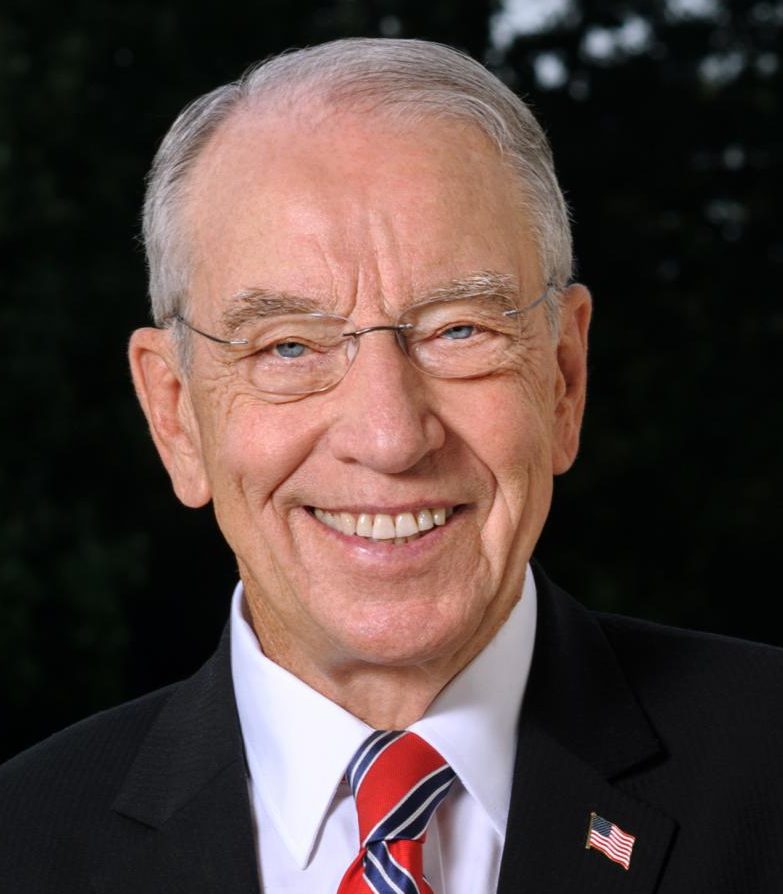November is National Adoption Month, an opportunity to celebrate the blessings of family amid this season of thanksgiving. Growing the family tree through adoption is a special experience. From family mealtimes, to the homework grind, chore schedules and summer vacations, adoption delivers a priceless gift of hope for children who crave a forever home and loving parents they can call Mom and Dad for the rest of their lives.
The pleas I first heard from kids in foster care nearly 30 years ago motivated me to begin digging into adoption and foster care policies. They told me: “Don’t leave us in foster care so long” … “It’s scary to move from home to home. Find us one good family where we can feel like a real member of the family.” Foster youth recounted stories of their belongings packed inside a plastic trash bag as they were shuffled from one home to the next. Many faced difficult transitions, moving in and out of school systems during an academic year, making it harder to learn and make friends.
Since the Clinton administration, I’ve fought to reform and improve programs on behalf of adoptive parents and children in foster care seeking their forever families. Through oversight and constituent casework, I also work to help families navigate the often complex and expensive process to adopt a child. Most recently, during the Biden administration, I’ve advocated on behalf of American families who are left in limbo by China’s decision to discontinue certain intercountry adoptions.
My first piece of adoption legislation, the Adoption and Safe Families Act, was signed into federal law in 1997. It created new incentives for states to improve the successful reunification of families and helped kids placed in foster care find adoptive families who could provide them safe, permanent, loving homes. It increased federal funding, strengthened accountability and provided post-adoptive services and respite care programs. Within five years of enactment, the number of foster children placed in adoptive homes nearly doubled compared to the previous decade. During the Bush administration, I worked to beef up those incentives with the Adoption Promotion Act of 2003 and pushed back on federal restrictions that kept kids in the foster care system, rather than promoting adoption.
As a former chairman of the tax-writing Senate Finance Committee, I led efforts to expand and make permanent adoption tax credits, particularly for foster care children and those with special needs, and strengthen accountability in child and family services programs.
Year after year after year, I find inspiration from adoptive families who generously open their hearts and homes. It pulls on the heartstrings to hear directly from children who have experienced trauma and neglect in their young lives. Time and again, the most common refrain I hear boils down to just a few words: “I want a forever home.”
I often say representative government is a two-way street. Dialogue informs public policymaking. In fact, it was families from Des Moines, Waverly, Ankeny and Cedar Rapids who helped build support for the landmark law I wrote and passed in 2008 called the Fostering Connections to Success and Increasing Adoption Act. This legislation reformed child welfare laws to enable aunts, uncles and grandparents to establish guardianship relationships with a child in foster care. It also made all children with special needs eligible for federal adoption assistance and created education or vocational training opportunities for kids who age out of the foster care system.
In 2009, I co-founded the bipartisan Senate Caucus on Foster Youth to give young people a voice in shaping policies that impact them directly. The caucus brings together lawmakers, advocates, think-tank experts and foster youth to collaborate and share ideas. We hear testimonials directly from foster care alumni on ways to improve programs, particularly for those who age out of foster care and begin adulthood without the support of a forever family. Interns in my Senate office who previously had been in the foster care system provided invaluable feedback on public policy, including kinship care. That’s why I’ve pushed to improve services in local communities and wrote the Family First Prevention Services Act, to help families and siblings stay safely intact. I keep my oversight thumb on these reforms to ensure they’re protecting vulnerable children and the taxpayer.
Looking ahead, I’ll continue seeking improvements to recruit, retain and support foster parents. We’re making strides in the right direction, and I’ll keep working to reduce the number of children in foster care through family reunification or adoption.
As families gather for the Thanksgiving feast, take a moment to count each one of the precious blessings seated around the table. Thank those in your local community who have chosen to be foster or adoptive parents, and celebrate families whose holiday season is enriched by the blessings of adoption.
National Adoption Day is held the Saturday before Thanksgiving, when many courts around the country finalize adoptions. November is National Adoption Month.
















